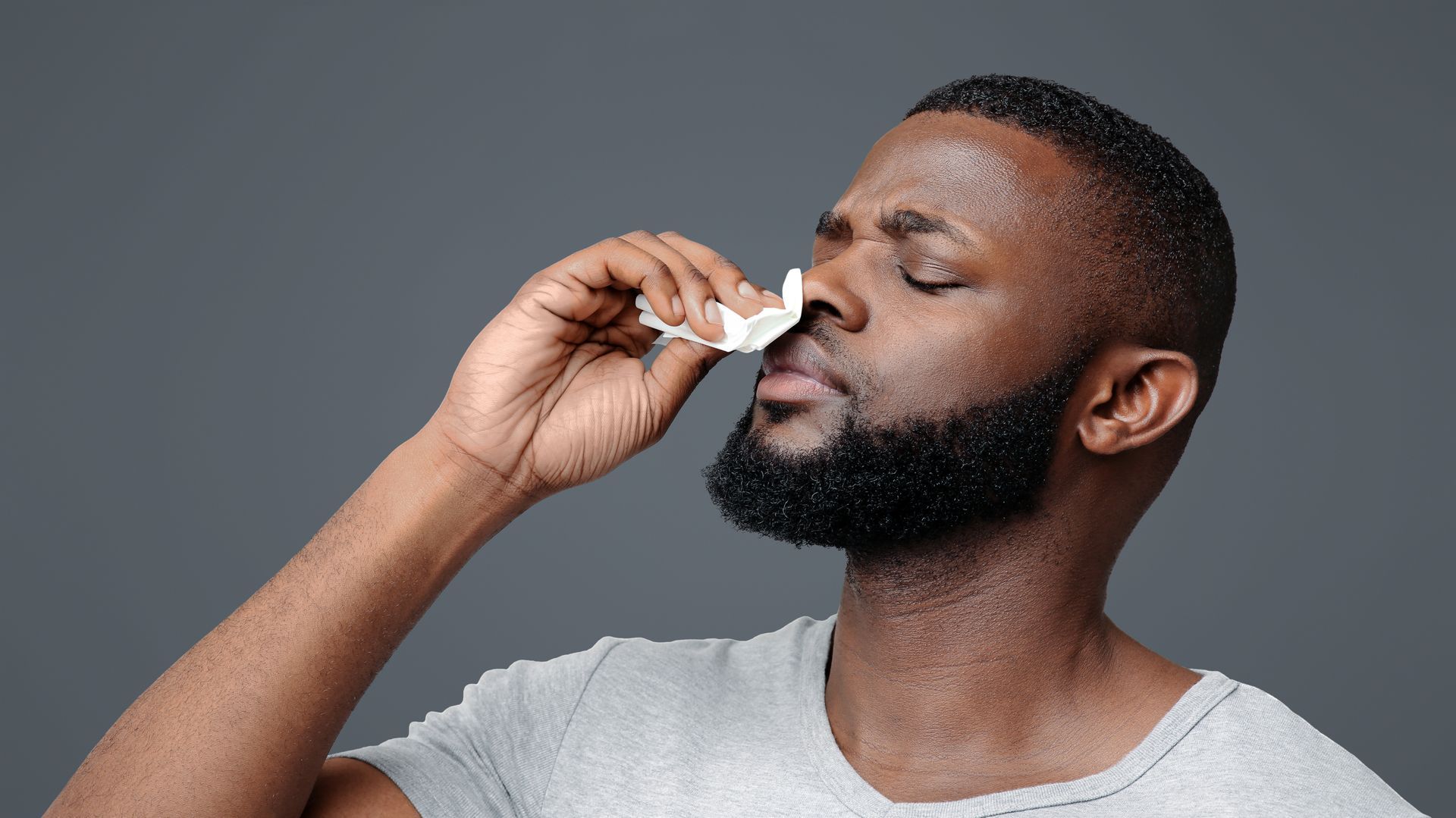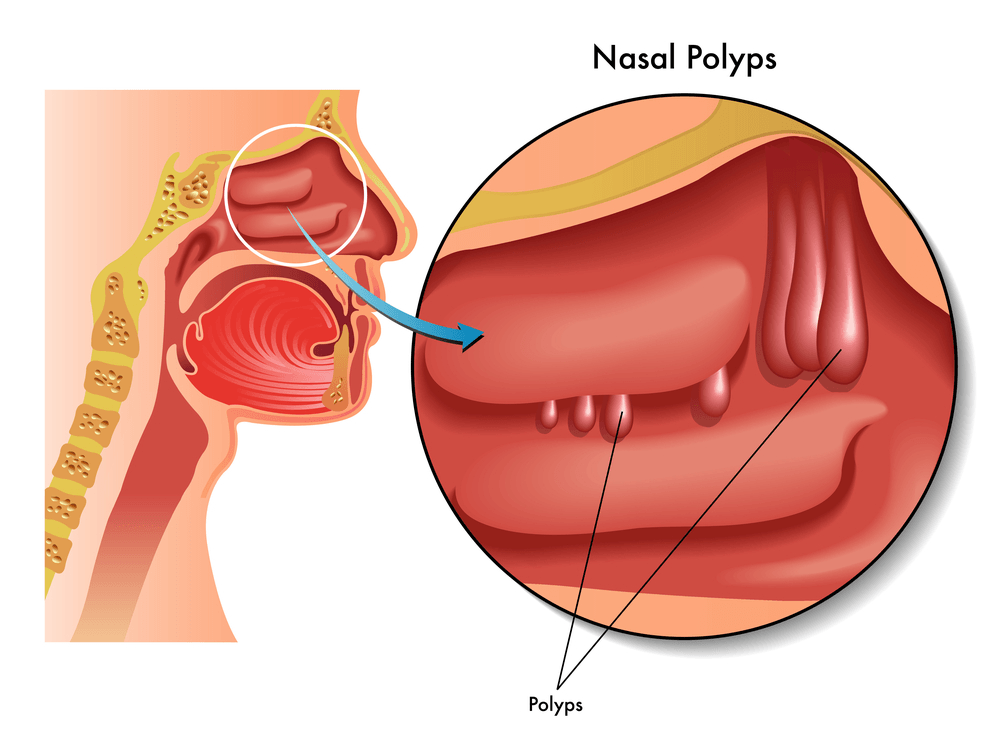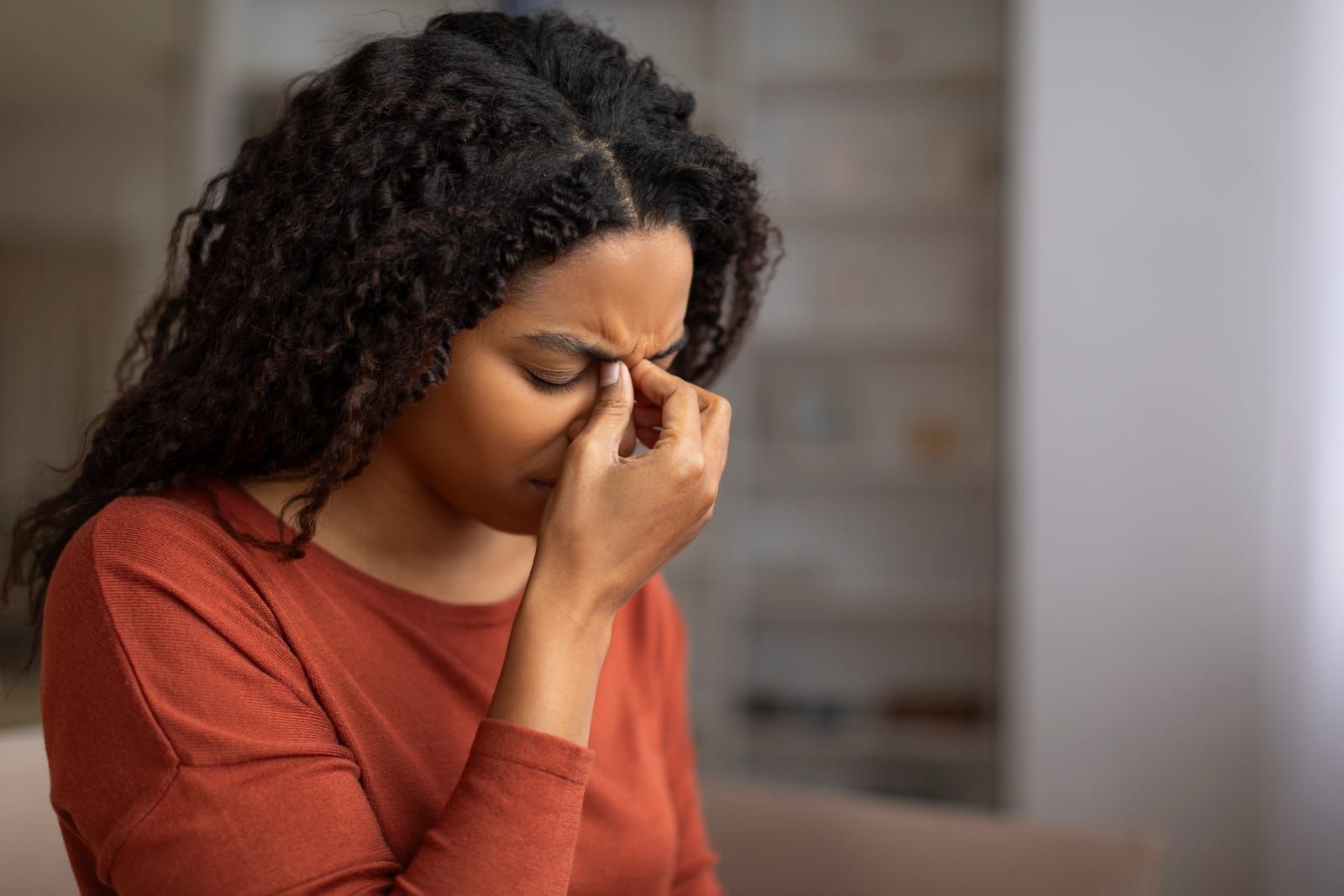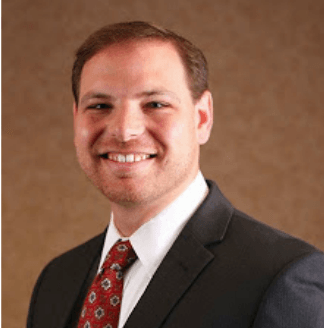5 Situations Where Sinus Surgery May Be Necessary
Residents in Louisville, KY with breathing difficulties will be happy to hear relief does exist. We're not talking about traditional nasal sprays or antibiotics, but sinus surgery. This procedure is quick and straightforward and can successfully address a number of concerns. And after, we'll simply perform a follow-up visit to clear your nasal passages, meaning there will be little disruption to your daily routine.
5 Situations Where Sinus Surgery May Be Necessary in Louisville, KY
1. Chronic Sinusitis
Chronic sinusitis is characterized by long-lasting inflammation and infection. It lingers for an indefinite period of time, usually longer than 12 weeks. This is different from recurrent sinusitis, in which a person experiences four or more bouts of sinusitis in one year with symptom-free periods in between. With chronic sinusitis, the symptoms never really go away.
The sinuses are four paired spaces near the top of the head connected by narrow channels. They create thin mucus that typically drains out of the nose's channels. When working properly, this system works to keep the nose clean and free of bacteria. But the sinuses can become infected when they get blocked and then fill with fluid. This is known as sinusitis and can be caused by many different factors, including:
- Bacterial, viral, or fungal infections
- Blocked airways from asthma or allergies
- Abnormal nasal structures, such as a deviated septum
- A weak immune system
When Routine Treatment Doesn't Work
Various treatments are available for Louisville, KY, patients with chronic sinusitis. To illustrate, daily saline irrigation with topical cortical steroid therapy is often the first line of defense in treating chronic sinusitis. Allergy medications and nasal corticosteroids offer alternative therapies. But when these options prove ineffective, sinus surgery can offer much-needed relief by recreating functional sinus cavities.
2. Severe Nasal Polyps
Nasal polyps develop inside the nose or sinuses and form as soft, swollen, sac-like growths of inflamed tissues. In normal circumstances, the sinuses are fairly open to allow for proper draining, but nasal polyps can grow big enough to block them. This makes breathing difficult and can lead to additional complications like postnasal drip, congestion, and a loss of smell.
Nasal polyps grow as a subgroup of chronic rhinosinusitis, in which both the nasal cavity and sinuses remain consistently swollen (inflamed) for more than four weeks. True nasal polyps are fairly common and not cancerous - almost anyone can develop them. Problems arise when the polyps continue to multiply and increase in size.
The Culprits Behind Nasal Polyps
Polyps are tricky to understand, and researchers continue to study them. We do know underlying tissue inflammation plays some role. Nasal polyps also tend to be more prevalent in people with:
- Aspirin sensitivity
- Asthma
- Chronic sinus infections
- Hay fever
- Cystic fibrosis
Certain genes may additionally contribute, especially those that factor into immune system development and inflammatory responses. In other words, you may be more vulnerable to nasal polyps if other family members also have them. Routine treatments include antibiotics, antihistamines, and daily sinus rinsing. But symptoms can still persist even with treatment, and it is then that surgery may be necessary.
3. Abnormal Nasal or Sinus Structure
Some people are born with nasal abnormalities, such as a cleft palate or overall weakness in the structure of the nose. Other patients develop abnormalities with time. The aging process, for example, can cause dropping that gives way to breathing obstructions as the sides of the nose collapse inward. Additional nasal abnormalities include enlarged adenoids that can block the airway and cause sleep apnea.
A deviated septum is another abnormality. The septum is a wall of cartilage that separates your nasal passages and can be malformed from birth or become bent from trauma. Saddle nose is associated with certain diseases and trauma and refers to an extremely flat or concave bridge. Finally, the turbinates on the side of each nostril can become swollen. These clean the air before it enters the lungs, but when enlarged, the turbinates can interfere with breathing.
Treatment Options
Traditional treatments include decongestants, antihistamines, and steroid sprays. But sinus surgery provides a more permanent solution for residents in Louisville, KY, especially if over-the-counter options don't work. A rhinoplasty can reshape the nose to improve nasal function, while a septoplasty can straighten the septum. Likewise, a closed reduction repairs a broken nose without surgery but typically needs to be completed within a week after trauma.
4. An Infection That Spread to the Bone
Most sinus infections resolve themselves in a week or two. But in rare cases, serious and potentially life-threatening complications may arise. The thin sinus walls share a border with many surrounding tissues, including the brain, eyes, major blood vessels, and major nerves. This opens the door for a sinus infection to occasionally spread beyond the border of the sinuses, including into the surrounding bone.
Both recurrent sinusitis and chronic sinus infections can spread and enter the frontal bone of the skull that occupies the forehead region. Sinuses lie on either side of the face in this area, above the eyebrows. When these spaces become infected, the bacteria can migrate and cause frontal bone osteomyelitis.
What Is Osteomyelitis?
Osteomyelitis refers to a bone infection and can disrupt blood circulation within the affected bone. Once blood flow stops, bone can die and must then be surgically removed for antibiotics to work effectively.
Frontal bone osteomyelitis often presents the same symptoms as meningitis, including sudden high-grade fever, drowsiness, and neck stiffness. It's crucial to distinguish between the two conditions, however, to develop the proper treatment plan.
5. The Detection of Cancer Within the Sinus Cavity
Paranasal sinus and nasal cavity cancers belong to the broader family of head and neck cancers. Either of these cancers can develop when different types of cells within the nose multiply and become malignant. The most common type of paranasal sinus and nasal cavity cancers is squamous cell carcinoma. It forms in the thin, flat cells lining the insides of the paranasal sinuses and nasal cavity.
Certain risk factors increase your chances of developing squamous cell carcinoma, including being male and older than 40 years, infected with human papillomavirus (HPV), and smoking. Exposure to certain workplace chemicals or dust also contribute. This exposure most commonly accompanies jobs in:
- Sawmill work
- Furniture-making
- Woodworking
- Metal plating
- Shoemaking
- Flour mill or bakery work
Signs of Paranasal Sinus and Nasal Cavity Cancers
Symptoms of cancer often mimic those of other health concerns as well. A runny nose and nosebleeds, for instance, can point to a variety of ailments. Additional signs to watch for include:
- Blocked sinuses that do not clear
- Sinus pressure
- Headaches
- Pain in the sinus area
- A lump or sore inside the nose that doesn't heal
- A lump on the face or roof of the mouth
- Numbness or tingling in the face
- Pain in the upper teeth
- Pain or pressure in the ear
- Double vision
Treatment With Surgery
Removing the cancer by surgery is one of the most common treatment options. Once all the cancer has been removed, some patients may also be given chemotherapy or radiation therapy to kill any remaining cancerous cells. This helps reduce the likelihood the cancer will return.
Today, nasal operations are much safer and more comfortable than in years past. The endoscope has largely contributed to this, in which a small camera is gently guided into the nasal passages. This allows us to precisely perform surgery without making incisions in the skin, thereby leading to a shorter recovery time without black eyes or other unwanted changes to your facial appearance. For more information, contact Kentuckiana Ear, Nose & Throat, PSC.
Thomas S. Higgins, MD, MSPH
Father. Husband. Sinusitis Nerd.















